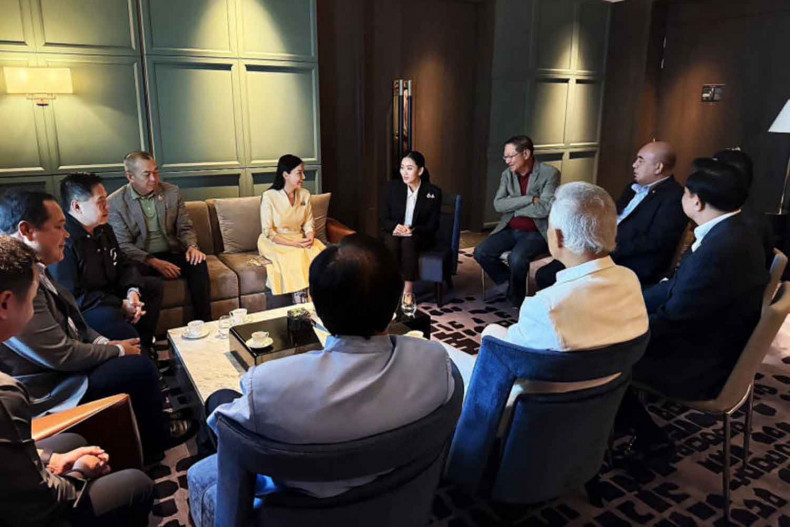Proactive Measures to Combat Corruption
On December 9, 2024, the Thai government pledged to intensify its fight against corruption with the goal of raising the country’s Corruption Perceptions Index (CPI) score from 35 to over 50 out of 100. This commitment was made during a ceremony held on International Anti-Corruption Day, presided over by Prime Minister’s Office Minister Chousak Sirinil.
Collaboration with Anti-Corruption Agencies
A Unified Approach to Addressing Corruption
The event was co-organized by the National Anti-Corruption Commission (NACC), the Public Sector Anti-Corruption Commission (PACC), and the Anti-Corruption Organization of Thailand. It attracted around 3,000 participants who took part in various activities aimed at promoting the eradication of corruption.Key Highlights:
- The ceremony featured performances and discussions supporting anti-corruption ideals.
- Participants included government officials, civil society members, and private sector representatives.
Acknowledging the Challenges Ahead
The Persistent Issue of Corruption in Thailand
In his keynote address, Minister Chousak acknowledged that corruption has been a longstanding issue in Thailand, significantly impacting the economy, politics, and the country’s international reputation. He pointed out that the CPI score has stagnated at 35-36 for several years, indicating limited progress in combating corruption.Chousak’s Insights:
- “Corruption has caused significant harm to our nation,” he stated.
- The government is committed to improving transparency and good governance.
Key Strategies for Improvement
Strengthening Legal Frameworks and Transparency
To achieve its CPI target, the government outlined several key anti-corruption strategies. These include enhancing legal frameworks, promoting digital transparency in public services, ensuring merit-based appointments, and reducing opportunities for bribery.Strategic Focus Areas:
- Compliance with the rule of law.
- Efficient budget management aligned with public interest.
Encouraging Public and Private Sector Collaboration
A Shared National Priority
Minister Chousak emphasized the need for greater collaboration between the public and private sectors in combating corruption. He reiterated that addressing corruption must be a collective effort across all sectors of Thai society.Collaboration Goals:
- Integrate anti-corruption measures into the 20-Year National Strategy (2018-2037).
- Foster long-term systemic reforms to combat corruption effectively.
Enhancing Whistleblower Protections
Improving Reporting Mechanisms
As part of its commitment to transparency, the government aims to enhance whistleblowing mechanisms to make it easier for citizens to report corruption cases. This initiative is crucial for encouraging public participation in the fight against corruption.
A Collective Commitment Against Corruption
The event concluded with a formal declaration led by Minister Chousak, where participants pledged to act with integrity, reject bribery, and prioritize public interest over personal gain. They also vowed to protect Thailand’s core institutions while adhering to principles of justice and transparency.Final Thoughts:
“Today’s event reflects a firm commitment to addressing corruption seriously and continuously,” Mr. Chousak concluded. This collective stance demonstrates that all sectors of Thai society are united in their resolve to combat corruption effectively.







